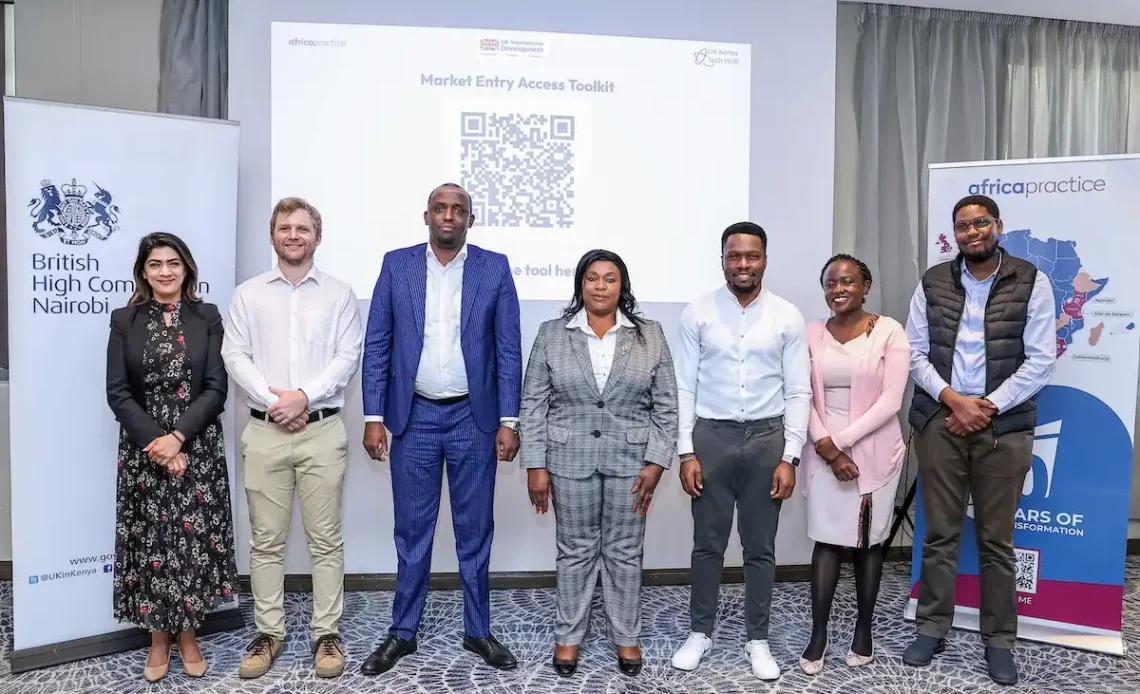
The UK and PricewaterhouseCoopers (PwC), through the UK-Kenya Tech Hub, today launched a digital toolkit aimed at helping entrepreneurs access markets in the Kenyan, Nigerian, and South African markets. The toolkit was developed following a study that was aimed at understanding the practical requirements for startups to enter the three markets. Key areas of focus in the toolkit is in the agriculture, education, financial services, health, and manufacturing sectors.
The digital toolkit contains outputs, tools, and guides that will be useful for entrepreneurs looking to enter each of, the above countries and markets. The toolkit has been validated through a series of feedback sessions to support the refinement. It also provides a model to approach future work in other target countries across Africa and acts as a basis to create a vibrant startup ecosystem across the continent. It is critical in addressing social inclusion and equity issues—such as gender equality—affecting the different focus sectors and countries within the entrepreneurial space.
Jordan Kyongo, Head of East Africa Research and Innovation Hub at the British High Commission Nairobi, said;
“This exercise was critical in understanding the requirements for entrepreneurs to enter different markets in the region. We are confident that this digital toolkit will be an instrument in growing Africa’s entrepreneurial ecosystem. It is a user-friendly guide that consolidates all the requirements required to enter the three markets highlighted above and eases the market entry process.”
This study and the digital toolkit were developed following a growing challenge to market access by entrepreneurs not only in Kenya but also throughout the African continent. The existence of different regulatory requirements, certifications, tariffs, and other barriers mean that even if entrepreneurs are successful at selling products in one country, they would still need to get 55 different licenses to operate in the 55 other countries. In addition to the actual cost of licenses, there’s a lack of clarity on what entrepreneurs need to do to expand into other markets.
Can we add a line on the impact especially in numbers? For instance, how many entrerprenuers have been impacted by lack of proper toolkit to enable market access across Africa. After the launch, what is the projected outcome (increase of market access, more exchange of trade activities across the region and lastly better trade tariffs and economic growth across Africa.

